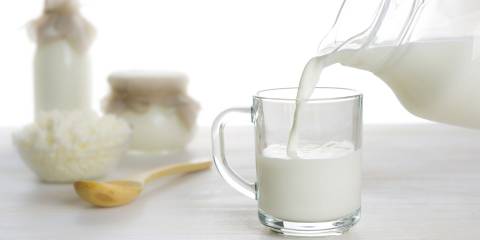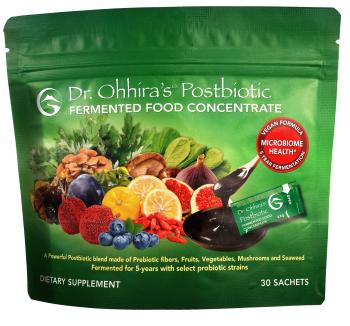Many organic standards define what organic is not. For instance, organic means no GMOs ever, no use of antibiotics, and no use of toxic synthetic chemicals.
But some organic standards clarify the minimum that organic must be, and these minimum requirements help ensure the health and safety of the land and the people who produce and consume organic products.
Organic, Defined
Organic by definition is an agricultural system managed to foster cycling of resources, promote ecological balance, and conserve biodiversity.
Under the USDA National Organic Program, some of the practices that define what organic is include requirements for:
-
Land Usage
Use tillage and cultivation practices that maintain or improve soil quality and minimize soil erosion.
-
Animal Welfare
Offer livestock year-round access to the outdoors, shade, shelter, exercise areas, fresh air, clean water for drinking, and direct sunlight.
-
Organic Feed
Feed livestock 100% organic feed (free from growth hormones, antibiotics, GMOs, or slaughter byproducts) for up to 30% of their diet during the grazing season.
Benefits of Organic Farming
Practices such as these ensure many human, environmental, and animal health benefits. Here are a few backed by science:
-
Climate Friendliness
Organic farming is climate-smart agriculture. Multiple studies show that organic farms sequester more carbon in the soil, use less energy, reduce greenhouse gas emissions, and have less nitrogen pollution than their conventional counterparts.
-
Soil Usage
Organic crop and livestock production increases carbon sequestration by promoting soil health.
Studies have shown that organic soil has 13% more total soil organic matter, 40% more beneficial soil microbes, and over three times as many earthworms as non-organic soils.
This healthier soil helps farming communities cope with extreme weather associated with climate change.
Organic soil can hold 10 times more water, alleviating the impacts of drought and reducing soil erosion during flood events.
Under extreme weather conditions, organic farms can produce higher yields than their conventional counterparts, helping to ensure food security and improve the resilience of agricultural communities.
-
Toxin Reduction
-
Pesticides
Organic protects public health by reducing environmental and dietary exposure to pesticides. Many studies link detrimental health impacts with pesticide drift and the ingestion of foods contaminated with pesticide residues.
-
Pharmaceuticals
Organic dairy and meat prevent exposure to antibiotics and hormones. Synthetic pesticides and antibiotic residues, even those banned for use in lactating cows, have been found in milk samples across the US.
The prohibition of antibiotics in organic farming means that organic does not contribute to the growing problem of antibiotic resistance.
-





